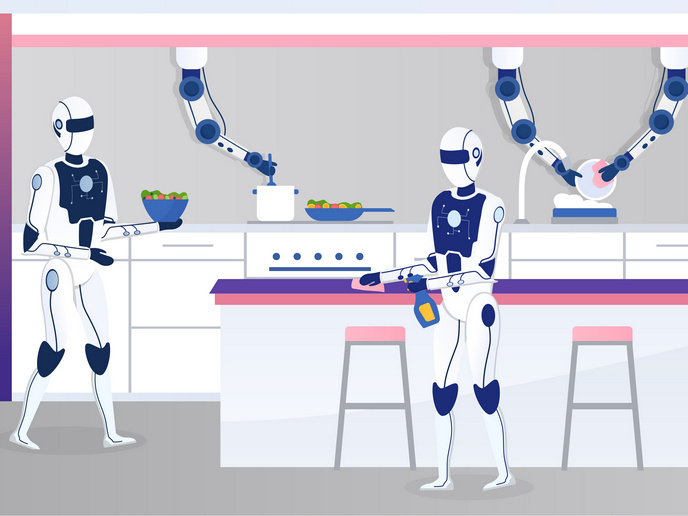Living within division
Social polarisation, particularly regarding such topics as gender, sexuality and abortion, is a defining issue of our time and one that threatens the foundation of our democracies. The problem is that, even in Europe, polarisation is nearly exclusively discussed in relation to the US, where these issues are tied to specific political agendas. “As a result, our discussions can fail to take into account how divisions are created and affect all of our lives, including those who may be opposed or concerned about socio-legal changes to gender, sexuality and abortion,” says Kath Browne(opens in new window), a professor at University College Dublin(opens in new window). This not only leads to further polarisation, it can drive political agendas and what some have termed ‘anti-gender’ politics. Helping to answer this problem is the EU-funded BeyondOpposition(opens in new window) project. “By focusing on all opinions, especially of those who see new social orders around sexuality and gender as a loss, we hope to show how societal divisions can be addressed in ways that understand it is not possible to change everyone’s mind on these key issues,” adds Browne. The project received support from the European Research Council(opens in new window).
Engagement across division
Using groundbreaking methods that allow for engagement across division, researchers were able to conduct candid interviews with individuals who hold different perspectives on gender, sexuality and abortion to what was, at the time of the interviews, considered ‘mainstream’. “This project’s unique engagement with the experiences of those who are concerned about or opposed to socio-legal change has created new empirical insights that could help drive theoretical development,” explains Browne. For example, the project found that while this group of people is often generalised as being ‘right wing’, this is not the case. In fact, not only does this group span the political spectrum, they can also hold very different opinions from each other.
Finding solidarity with each other
One of the project’s most interesting findings was how this misplaced generalisation can actually cause these individuals to find solidarity with each other and even move some towards activism. “Everyday lives can be affected by holding these positions and many participants said they were very careful about what they say and where they go,” notes Browne. Naturally, many participants look for support outside of work and bond with those who share similar experiences. “Negative experiences, particularly confrontations, can embolden and entrench positions that oppose socio-legal changes on gender, sexuality or abortion,” remarks Browne.
What matters is how we treat each other
Finding a general desire amongst individuals to engage beyond polarisation around these issues, researchers also looked at ways to bridge divisions without having to change minds. For instance, they found that art can be used to spark conversations about different experiences on gender, sexuality and abortion. “While some people will agree on some things, everyone will not agree on everything, but that shouldn’t matter,” concludes Browne. “What matters is the structural and interpersonal conditions we create to work across divisions.” Browne is currently completing two books based on the project’s groundbreaking research. She is also coordinating the EU-funded RESIST project and working to further explore how we can work to better encounter each other even when we cannot change minds.







